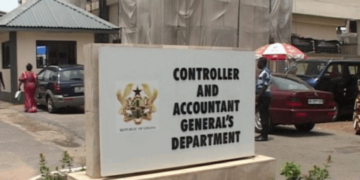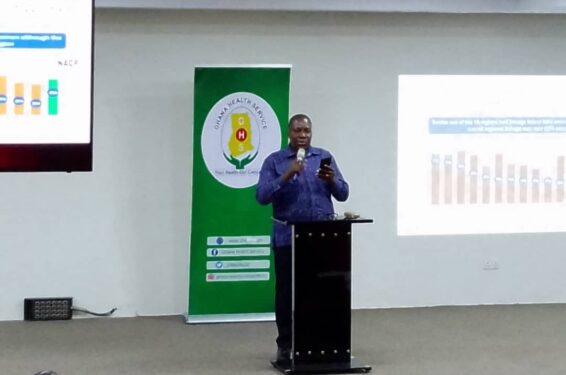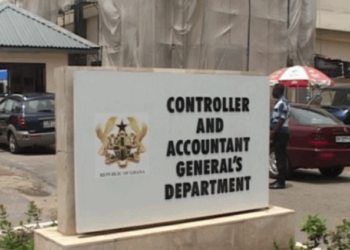The National AIDS Control Programme (NACP) aims to test 1.9 million persons for HIV by 2024 as part of a comprehensive strategy under the Global Fund’s Grant Cycle 7.
According to Dr. Stephen Ayisi Addo, the Programmes Manager, the initiative would also evaluate an estimated 1.1 million pregnant women based on regional objectives.
Ghana has received $234 million under the GC7 to combat HIV, tuberculosis, and malaria from 2024 to 2026, with HIV receiving about $100 million of the total for interventions throughout the nation.
Dr Addo, speaking to stakeholders at the 2024 Joint TB/HIV Annual Review in Ho, said that as part of the year’s efforts, an HIV Case Based Surveillance plan and an E-tracker for ART will be implemented.
He said that there would be a triple elimination intervention for HIV, syphilis, and hepatitis B, as well as HIV interventions for specific populations and HIV Cadre Community Interventions.
The NACP intends to improve varied ART service delivery and develop community organizations and models.
It will improve its guidelines and job aids, strengthen HIV-positive baby units and the pregnancy registry, and increase the integration of ART into noncommunicable disease care.
Other efforts planned for the year include a cervical cancer screening pilot program, operational research in critical locations, and an extension of family-based index testing.
A newly improved HIV testing methodology will be implemented this year.
Read Also: Election 2024: EC to begin limited voter registration on May 7
Dr. Addo said that stakeholders should focus on improving electronic medical records and addressing staff turnover in HIV care.
He emphasized the need of increasing HIV service uptake and promoting a pediatric HIV implementation strategy.
He described how data difficulties continued to impair the control plan and said that the essential assistance will help ensure a more effective execution.
“Our work in 2024 is clearly cut out and the targets are very attainable,” Dr Addo assured.
Mr. Ernest Amoabeng Ortsin, Acting Chairman of the Global Fund’s Country Coordinating Mechanism, said that the Global Fund has already spent 1.2 billion dollars in the country, supporting about 254,000 individuals receiving TB and HIV treatment.
He urged the government to secure the availability of domestic resources, particularly counterpart money, to support a successful battle.
The yearly joint TB/HIV review brought together Ghana Health Service leaders from all regions, as well as stakeholders including WHO, UNICEF, CSOs, and health research organizations.


























